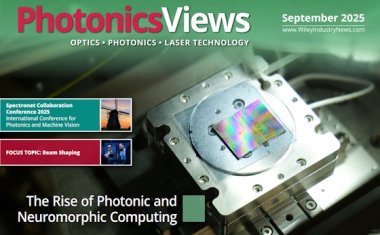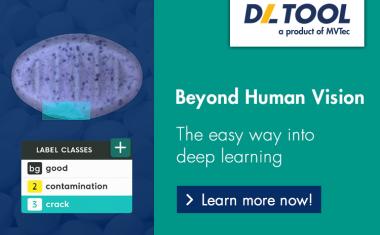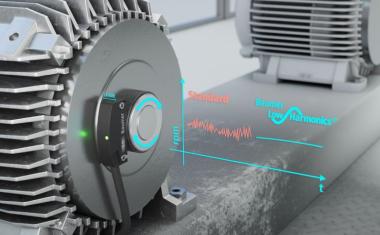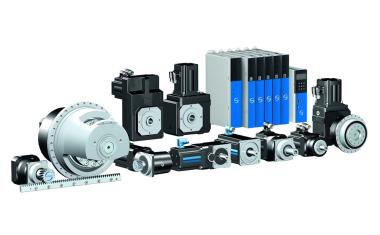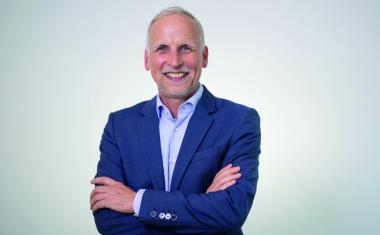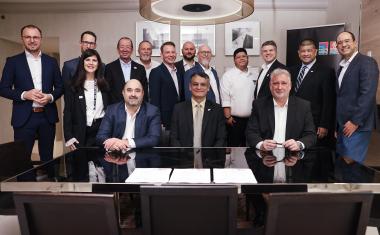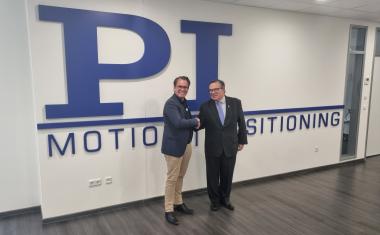New UCF lab focuses on healing power of light
Opportunities for undergraduate, graduate, medical students, residents fellows and physicians to conduct interdisciplinary research at University of Central Florida.
Physicians and scientists will work side by side in a new UCF biophotonics lab to advance light-based technologies that can prevent, detect and treat diseases.
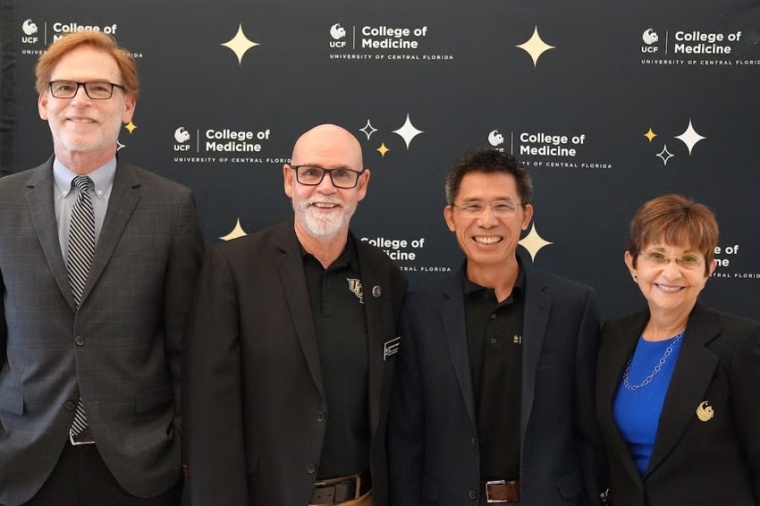
Researchers from the University of Central Florida’s College of Optics and Photonics (CREOL) and physicians and biomedical scientists from the College of Medicine commemorated the opening of the new lab November 1 at the College of Medicine’s Burnett Biomedical Sciences building in Lake Nona.
They were joined by Bruce Tromberg, director of the National Institute of Biomedical Imaging and Bioengineering at the National Institutes of Health. He leads a national research team focused on developing technologies for biomedical imaging and therapy to improve health.
“These technologies will allow physicians see how the body works in real time – with noninvasive procedures for patients,” says Deborah German, UCF vice president for health affairs and dean of the College of Medicine. “Working together, we can create advanced technologies that will provide better care to all of us.”
UCF medical and biophotonics experts are already working on several important research projects, including using light and sound to improve the placement of epidurals during childbirth. Physicians place the epidural in a mother’s back by feel, but in about 30,000 cases a year in the US, the epidural is misplaced, causing temporary paralysis or more serious complications. UCF researchers have created a new technology that uses sound and light to help physicians better place the anesthetic. Sound bounces off the spinal cord for proper placement. A tiny light in the needle illuminates the area, providing a picture that is ten times higher resolution than ultrasound.
Fiberoptic sensors that can determine immediately if blood is clotting during heart surgery. Currently, when a patient is on a heart-lung machine during surgery, doctors must use a chemical blood test to see if the blood is clotting. But the test takes twenty to thirty minutes to complete. The UCF-developed fiberoptic sensor can determine immediately if blood cells are clotting so physicians can act faster to minimize the risk of stroke. (Source: UCF)



